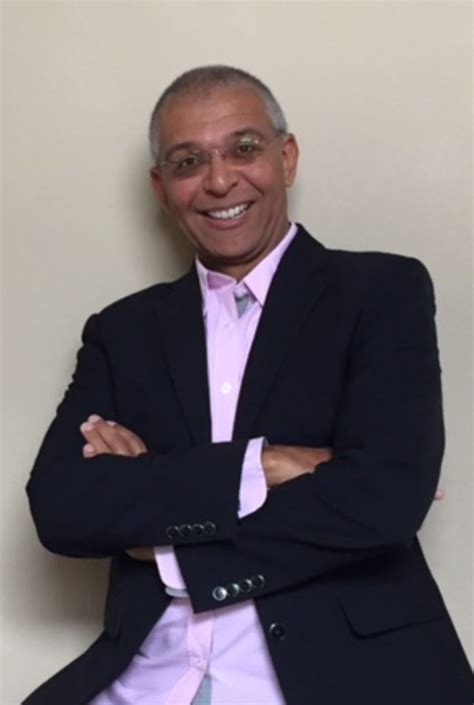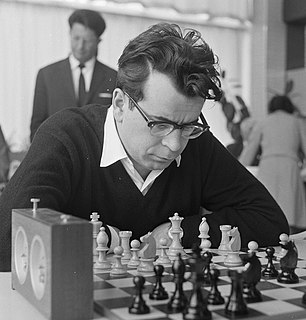A Quote by Robert Whittaker
I think the mental preparation isn't something that you can work on in one large sum. It has to be a collective collaboration of doing little things for your mental state constantly throughout the prep and managing your life outside the Octagon, managing your life in transit to the Octagon, managing your life once you get to training.
Related Quotes
Managing risk is a key variable, frankly, all aspects of life, business is just one of them, and one of the things that most people do in terms of managing risk, that's actually bad thinking, is they think they can manage risk to zero. Everything has some risk to it. You know, you drive your car down the street, a drunk driver may hit you. So what you're doing is you're actually trying to get to an acceptable level of risk.
Leadership: Here is the heart and soul of the matter. If you look to lead, invest at least 30% managing those with authority over you, and 15% managing your peers. Use the remainder to induce those you 'work for' to understand and practice...lead yourself, lead your supervisors, lead your peers, and free your people to do the same. All else is trivia.
You have to be very cautious about what you are doing for charity and things like that. I think you have to start with your life. I think that's what life is expecting you to do. In your family, in your surroundings, in your work life, in the people you're with, your relationships; how you behave and doing what you need to accomplish. That for me is being a hero every day of your life.





































